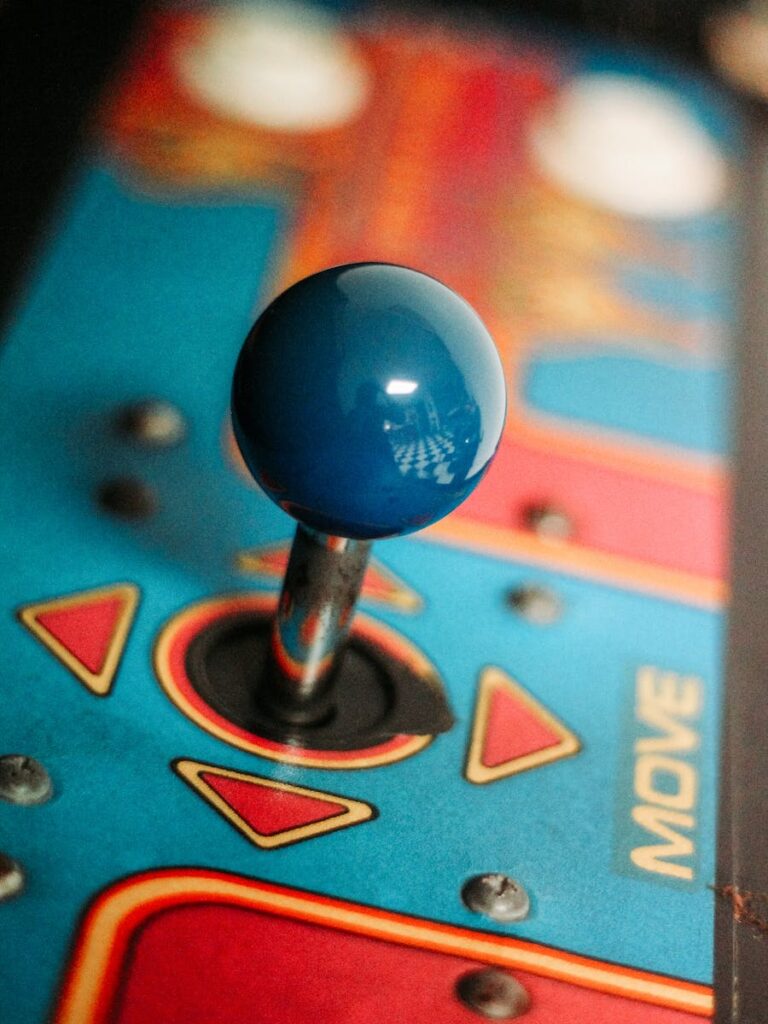Self-Sabotage: The Pitfall of Indulgence
In a world that constantly demands productivity and success, individuals often seek emotional support in indulgent behaviors. Savoring a piece of chocolate or enjoying a glass of wine are indulgences that can provide temporary relief from the stresses of daily life.
However, when these moments of self-reward transform into patterns of self-sabotage, the consequences can be profound. This article explores the fine line between healthy indulgence and self-destructive behaviors, and the potential pitfalls of excessive rewards.
Self-indulgence becomes self-sabotage when the pursuit of immediate pleasure or comfort starts undermining long-term well-being, goals, or responsibilities.
DIMENSIONS OF INDULGENCE
1) The Psychology of Indulgence: Indulging oneself is a natural human inclination. Whether it’s treating oneself to a favorite dessert or taking a break after a demanding day, these acts can have positive effects on mental well-being. However, self-indulgence can turn into self-sabotage when the pursuit of immediate pleasure or comfort starts undermining long-term well-being, goals, or responsibilities.
That is why it is crucial to understand the psychology behind indulgence and how it can transition into a mechanism for escapism.

2) The Dangers of Overindulgence: Excessive indulgence can lead to a myriad of physical and mental health issues. Consuming too much chocolate, relying on alcohol for stress relief, or taking excessive time off from work or studies may provide immediate satisfaction but can trigger long-term negative consequences.
Self-sabotage through indulgence can take a toll on physical health, through unhealthy diet and sedentary life. It can affect also mental health through feelings of guilt, anxiety, and insufficiency that may arise. This can create a vicious cycle, where individuals turn to more indulgence as a coping mechanism, making the negative impact on physical and mental well-being worse.
3) Escapism and Avoidance: Indulging in rewards becomes a problem when it transforms into a form of escapism. Constantly seeking pleasure to avoid facing challenges or responsibilities is a red flag. Whether it’s procrastinating on work, avoiding personal development, or neglecting relationships, the temporary joy derived from indulgence may blind individuals to the long-term consequences of their actions.
BREAKING THE CYCLE
Recognizing when indulgence turns into self-sabotage is the first step towards breaking the cycle. Establishing a balance between rewards and responsibilities is crucial. Setting realistic goals, practicing moderation, and seeking healthier coping mechanisms are essential in cultivating a sustainable and fulfilling lifestyle.
To summarize, indulging ourselves is a natural and necessary aspect of life, giving us moments of joy and relaxation. However, when these indulgences transform into patterns of self-sabotage, the consequences can be dramatic. By understanding the psychological mechanisms of indulgence, recognizing the dangers of overindulgence, and actively seeking to break the cycle of escapism, you can foster a balanced, sustainable self-reward system for enhanced well-being.
HOW CAN SELF-INDULGENCE TURN INTO SELF-SABOTAGE?
When the pursuit of immediate pleasure or comfort begins to undermine your long-term goals, health, or progress, self-indulgence can turn into self-sabotage.
For a better understanding, let’s explore 5 ways in which self-indulgence can transform into self-sabotage:
Neglecting Responsibilities
Constantly prioritizing leisure activities over work or school, leading to missed deadlines, poor performance, potential job or academic consequences. Ignoring the needs of relationships by, for example, consistently cancelling plans with friends or neglecting family time, resulting in strained connections and social isolation.
Financial Recklessness

Excessive spending on luxury items or frequent entertainment outings without consideration for budget constraints can lead to financial instability and potential debt. Financial strain can have cascading effects, turning enjoyable things into a source of stress and self-sabotage.
Compromising Health

Indulging in unhealthy habits, such as overeating, excessive drinking, or neglecting exercise routines, may result in weight gain, low energy levels, and compromised physical health. Inconsistency in maintaining positive habits, such as regular exercise or a balanced diet, can contribute to health issues, and to a decline in overall well-being and personal goals.
Avoidance of Personal Growth

Choosing immediate pleasure, such as binge-watching TV or playing video games, over activities that contribute to personal or professional development, hindering long-term growth. Avoiding career challenges or refusing new projects due to a desire for comfort and familiarity, may also hinder professional growth.
Escaping Reality

Indulging in excessive screen time or substances like alcohol or drugs as a way to escape from emotional challenges instead of addressing underlying issues, can prevent self-discovery, personal growth and resilience. That may lead to addiction, mental health issues, and a decline in overall life satisfaction.

In these examples, the common theme is the imbalance between immediate pleasure or gratification and the long-term consequences on responsibilities, financial stability, health, personal growth, relationships, and overall well-being. It’s essential to recognize when self-indulgence is becoming a pattern that interferes with broader life objectives. Regular self-reflection, setting clear long-term goals, and maintaining a balance between immediate pleasures and responsible actions can help prevent the transition from self-indulgence to self-sabotage.
BAD DECISIONS MAKE GOOD STORIES, HERE IS MINE
I always admired fitness enthusiasts for their commitment and strength to hit the gym regularly and to stay active in various sports, even when they are tired or busy or when the weather is making us wanna stay with a glass of wine in front of the TV rather than enjoying the outdoors. It took me many years, some paid subscriptions, a few failed trials and a serious back problem until I got myself in a good enough shape for exercising and into a fitness routine.
As life became busier with work and social obligations, I increasingly turned to the comforts of chocolate, social media and television to unwind. It started as a harmless way to relax after a long day, then it became a significant time sink, and boy, that happened in the blink of an eye!
The Escapist Behavior
Initially, I told myself that I deserved a break, but days turned into weeks, and my active routine gave way to sedentary habits, thinking that I could catch up later. The allure of the digital world seemed more tempting than the effort needed for fitness.
As the digital world consumed more of my time, my energy levels and health declined unnoticed. A stark truth hit me after an outdoor adventure with friends: once-enjoyable activities now left me tired, breathless and frustrated. I gained weight and felt lethargic, but I postponed taking action as the screens kept me hooked.

Soon my back pain resurfaced. It was then that I realized the extent of my self-sabotage. What I thought was self-pampering—indulging in chocolate while glued to screens—not only harmed my health but also eroded my commitment and discipline for fitness.
Taking back the control
I decided I wanted to break free from the cycle of self-sabotage and take control of my habits. I pushed myself to take walks outdoors and I set myself limits on screen time. It took me several weeks of trying and failing and trying again, to get into a fitness routine. Also, I had to start small, facing the challenges of extra weight and poor physical condition.
This journey was my lesson about the deceptive nature of self-indulgence. What seemed like harmless relaxation had, over time, sabotaged my physical well-being and eroded my hard-earned healthy habits. I am still working to re-establish the balance between digital indulgence and an active outdoor lifestyle.
What is your story?

No matter what are the challenges you are facing, remember this: tomorrow is a new day! You can begin afresh, set realistic goals, work consistently and soon you’ll start seeing the results. You will find that balance between treating yourself without becoming your own worst enemy.
Time to stop hitting the snooze button on life and embrace reality!

Read us to learn more about Motivation vs. Discipline and Overcoming Burnout







Great article, full of learnings!